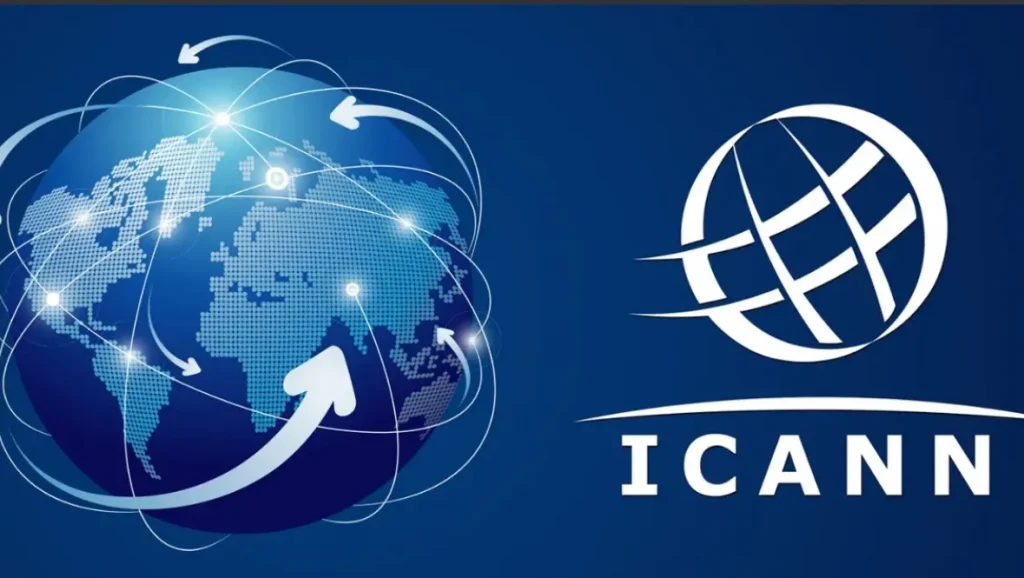• AFRINIC’s annulment of June elections and lack of transparency have intensified calls for its dissolution.
• Its responses under receivership expose deep governance failures and raise questions about the viability of reforming a failed registry.
Reactive withdrawals in the face of legal pressure
AFRINIC’s response to prolonged legal assaults—particularly from Cloud Innovation Ltd—has been largely defensive. After protracted litigation beginning around 2020, AFRINIC found itself under court-appointed receivership from 2023 onward. When elections under court supervision were sabotaged by allegations of fake proxy votes and procedural chaos, the Receiver annulled the June 2025 vote, citing inability to report on irregularities amid ongoing investigations—and did so without disclosing substantive findings. Rather than demonstrating decisive leadership, AFRINIC’s response has been to retreat in opacity—a failing predictable from a “failed registry”.
Also read: AFRINIC launches voter onboarding ahead of board election
Also read: AFRINIC election: 2nd attempt to delay voting fails
No answers, just more delays
Despite serious accusations—including forged powers of attorney and vote manipulation—AFRINIC has not offered meaningful public explanation nor accounted for how integrity was compromised. Though the Receiver sought and received a mandate extension to conduct a fresh election by September 30, 2025, the lack of clarity only deepens the perception that its governance is irreparably broken. Stakeholders are left to ask: if investigations yield no transparency, how can any future election be trusted?
External actors stepping into the void
The silence from AFRINIC has empowered others to act. ICANN has issued increasingly urgent warnings, threatening a formal compliance review under ICP-2 and even hinting at dismissing AFRINIC as Africa’s RIR—a move that would fundamentally shift internet governance in the region. Cloud Innovation, AFRINIC’s third-largest member, now supports formal dissolution as the only way to “protect the African Internet community’s interests” after concluding that credible elections are impossible. AFRINIC’s inadequate response has thus allowed these external forces to seize the initiative.
A chance for sovereignty lost
Mauritius’s recent decision to designate AFRINIC as a “declared company”, suspending litigation and appointing a judge to investigate its affairs, is one of the few decisive responses—but it highlights AFRINIC’s failure to resolve its own crisis. Rather than rebounding with institutional reform or transparent governance, AFRINIC remains paralysed, prompting civil society and governments to step in. The troubling question remains: can a registry that cannot even respond adequately to its own collapse ever govern African IP resources with legitimacy?

